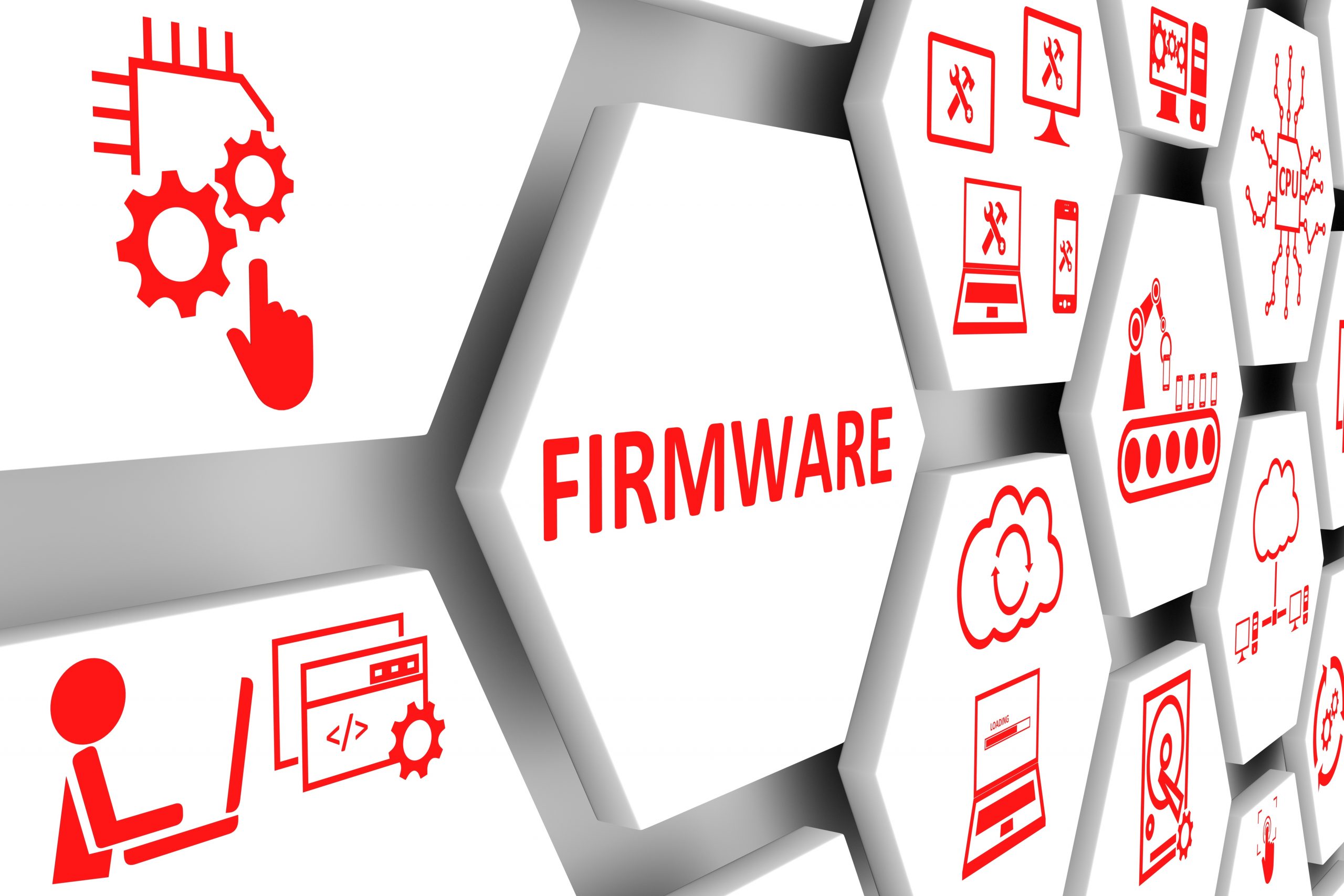738 firmware upgrades were issued by four leading OEMs. That is an average of two every single day of the year. Epson alone issued 319 firmware updates.
Issues with firmware updates continue to blight the market with a total of 738 firmware updates issued by four leading OEMs. That equates to just over 2 per day in the period November 2020 to October 2021. Twenty six of the 26 firmware updates were classified as “abnormal” and may lock third party supplies.
In the 12 months to the end of October 2021 Epson issued a total of 319 firmware updates, closely followed by HP who issued 154 inkjet firmware updates and 142 laser printer updates, a total of 296. Brother were in third place with 44 inkjet firmware updates and 37 laser printer updates, a total of 81. Canon issued a total of 42 firmware updates. 21 for inkjet printers and 21 for laser printers.
Statistically, every two weeks an “abnormal” firmware upgrade was issued that may lock third party supplies.
| Total Numbers of OEM firmware upgrades
(Nov. 2020 to Oct. 2021) |
||||
| HP | Epson | Brother | Canon | |
| InkJet | 154 | 319 | 44 | 21 |
| LaserJet | 142 | 37 | 21 | |
In addition to OEM firmware upgrades printer users have also been locked out as a result of upgrades to operation systems. In March this year The Recycler reported that Apple’s Big Sur was is causing problems with some Lexmark printers as well as other issues.
More recently in October Brother was recommending users not to upgrade to Windows 11 due to problems occurring with its inkjet and laser printers unable to print while connected via USB.
– Your Brother printer might not work with Windows 11
At the same time news was emerging that HP was possibly blocking users from changing firmware settings. Readers reported that in newer devices that use HP912 and HP963 models of cartridges users have been blocked out from changing the firmware download settings.
– HP blocks users from changing firmware settings?
Every time a firmware upgrade is issued individual companies producing reused or new cartridges respond by having to check that their version of the aftermarket chip work with the upgrade, or the chip manufacturer has to reverse engineer to firmware upgrade to determine the changes.
One expert we spoke with said, “sometimes it is a simple change that can be corrected, but sometimes it is a big change that takes time.” Is there a more sinister reason? On the laser printer side there is a plethora of aftermarket MPS programmes all collecting data on the efficiency of consumables. Not something the OEMs would like to see in the public domain?




















